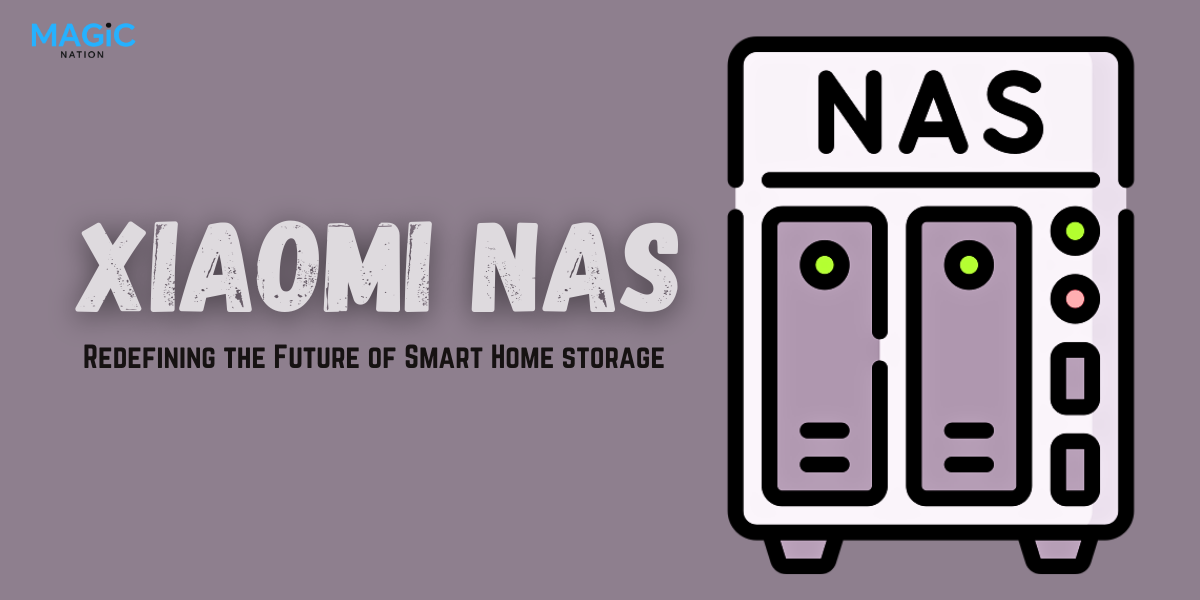
At the heart of this discussion is the preservation of data privacy. Individuals are entrusting an unprecedented amount of personal information to digital platforms, ranging from social media networks to e-commerce websites. Safeguarding this information is not just a matter of compliance with regulations; it is a fundamental aspect of respecting individuals' rights and fostering trust in the digital landscape.
Ethical considerations in technology play a pivotal role in shaping the responsible use of data. As technology continues to evolve at a rapid pace, ethical frameworks must adapt to address emerging challenges. The ethical use of data extends beyond legal compliance, necessitating a commitment to transparency, fairness, and accountability in all stages of data processing. Organizations that prioritize ethical considerations not only mitigate risks but also cultivate a positive reputation and build lasting relationships with users.
However, the ethical landscape in technology is not always black and white. Striking a balance between innovation and ethical responsibility requires ongoing dialogue and collaboration among stakeholders. Developers, policymakers, and users must collectively engage in conversations that shape ethical standards, ensuring that technological advancements align with societal values and norms.
In response to the evolving digital landscape, governments and regulatory bodies are enacting new measures to safeguard data privacy and uphold ethical standards. Initiatives such as the General Data Protection Regulation (GDPR) in the European Union and the California Consumer Privacy Act (CCPA) in the United States are clear indicators of the global shift towards prioritizing individuals' rights over unrestricted data usage.
Emerging regulations seek to empower individuals with greater control over their personal data. The right to be forgotten, data portability, and explicit consent requirements are among the key provisions designed to enhance data privacy. These regulations not only hold organizations accountable for responsible data practices but also encourage the development of technologies that prioritize user empowerment and control.
As businesses adapt to these regulations, they face the dual challenge of compliance and innovation. Navigating this landscape requires a proactive approach to data management, incorporating privacy by design principles into the development of new technologies. By embedding privacy and ethical considerations into the core of technological advancements, organizations can build a foundation for sustainable, responsible innovation.
The interplay of data privacy, ethics, and emerging regulations is reshaping the digital landscape. Recognizing the intrinsic value of personal data, prioritizing ethical considerations, and adhering to evolving regulations are not mere obligations; they are essential components of responsible technological advancement. As we navigate the digital frontier, the collective commitment to preserving privacy, fostering ethical practices, and adapting to emerging regulations will define the path toward a more trustworthy and sustainable digital future.










